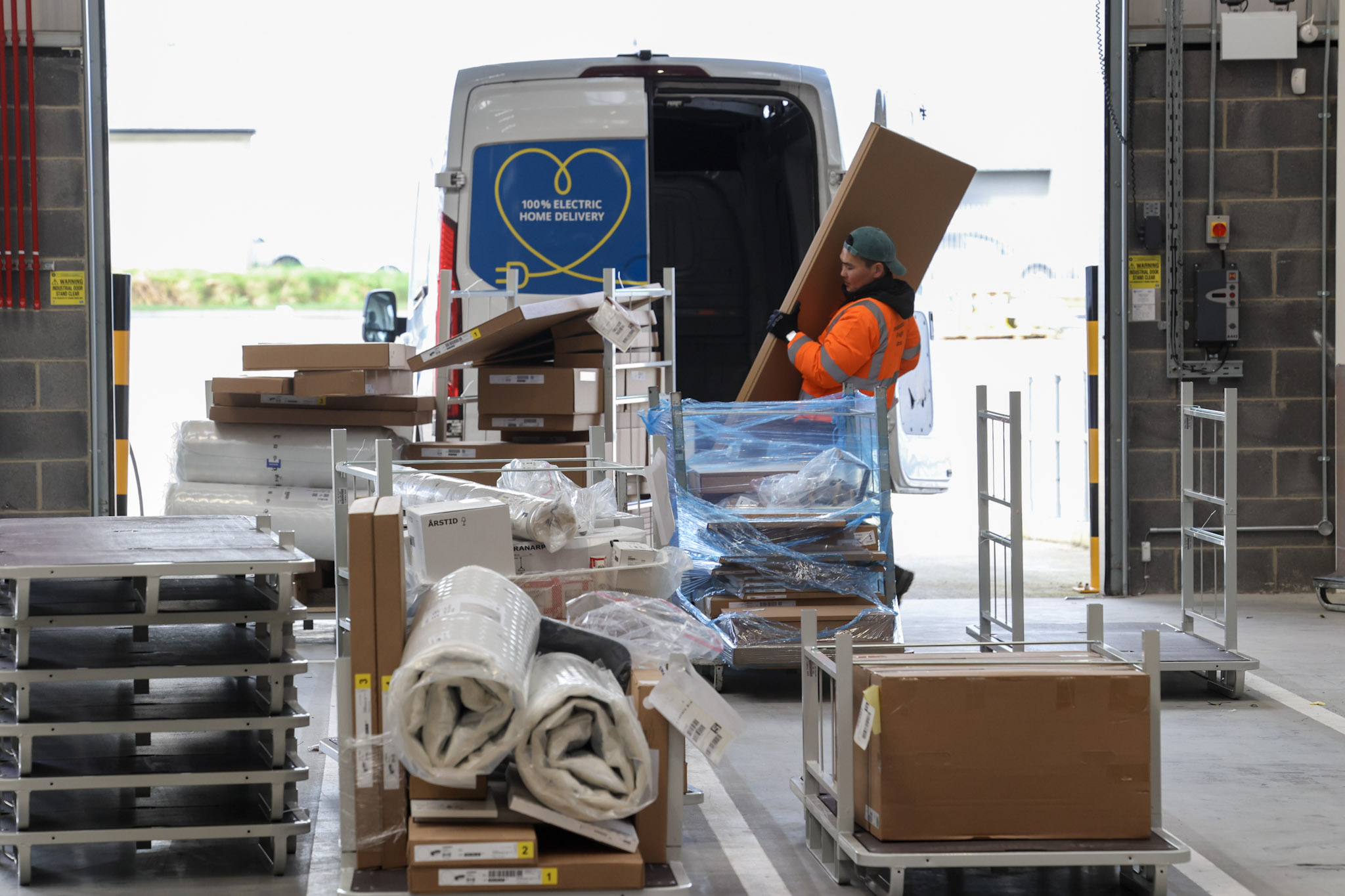Shopping has become harder for disabled people both online and in-store during the Covid-19 pandemic, new research has found. Now retailers are now being urged to act in order to make websites and apps easier to use by people who are often looking to buy the essentials.
Purple, the organisation behind today’s Purple Tuesday event highlighting the importance of accessibility for disabled shoppers both online and in-store, is asking retailers to make simple changes to improve access to the goods and services they sell. It says that by doing so, they will open a new £274bn potential market – the so-called Purple Pound which represents the spending power of disabled people and their families.
Purple cites a recent study that showed 98% of home pages had accessibility failures, while disabled people have also cited challenges including difficult to navigate online forms – where it’s not clear whether a field is a drop-down menu or an open field that needs a typed response.
Mobile accessibility is an issue when consumers cannot complete their purchase because the website or online form is not mobile-friendly, while product information about whether a product or service will meet the needs of a disabled person is also vital. Some disabled people have said that products that meet their needs are not available to them online – such rail websites that do not allow them to book priority seating online. Finally, missed deliveries can create problems for disabled people when deliveries must be picked up from depots that are inaccessible to non-drivers.
Purple has also reviewed a number of FTSE 100 company websites, highlighting missing accessible features including a site map for the website, menus and dropdowns that are not accessible to keyboard users, and the ability to accept cookie policies.
This year Purple Tuesday falls ahead of the second lockdown – prompting urgent action. So far, more than 3,500 organisations have used Purple Tuesday to commit to improve the disabled customer experience, taking action including ‘not every disability is visible’ signs and adopting the Hidden Disabilities Sunflower Lanyard Scheme.
Mike Adams, founder and creator of Purple Tuesday, said: “National and regional lockdowns have shone a very bright light on the approach of organisations to their disabled customers. At one end of the spectrum there is a sense of bunkering down, neglect and grouping all disabled customers as vulnerable, making them feel helpless and not valued. Other businesses have seen their proactive approach as a symbol of their brand, a socially aware organisation that is connecting or reconnecting with their customers.
“With 22% of the population being disabled, meeting their customer needs is a huge economic and social opportunity for businesses. Purple Tuesday this year is about making do and mend and getting organisations to adopt, adapt and implement practice that has previously worked for others across all sectors and of all sizes to support the economic recovery.”
Tim Fallowfield, board sponsor for disability, carers and age at supermarket Sainsbury’s, said: “I am proud that we are the official partner of Purple Tuesday 2020. At Sainsbury’s, we have supported Purple Tuesday for the past two years and accessibility to services and products has never been more important for customers than it is now. I would encourage other businesses to get involved in this conversation and think about how they can become more accessible.”
Jamie Taylor, head of property operations at retail developer and operator Land Securities, said: “Creating inclusive and welcoming spaces for all is extremely important to Landsec. All our teams across our retail and commercial office properties have received training, which we are extending to our service partners this year to improve the customer experience for disabled people.”
Commenting, Emma Flower, partner at UK law firm TLT, said: “The pandemic had made it even harder for disabled people to shop in-store and online, so retailers need to understand the full impact and how they can address this as part of their post-pandemic business plans. Failure to do so could mean falling behind more inclusive competitors.”
She added: “In our latest research, the majority of retailers admit they are having to restructure their business as a result of the pandemic, creating an ideal opportunity to put disability inclusivity at the heart of their store and digital plans. It’s an essential and potentially lucrative opportunity for retailers, with the Purple Pound estimated to be worth a staggering £274 billion in the UK.
“Retailers that focus on making their stores, websites, rules and restrictions, alterations and customer service policies disability inclusive stand to gain tremendously, while those that don’t risk missing out. At a time of a pandemic and deteriorating economic conditions, retailers ought to be doing everything they can to attract customers and this seems like a clear opportunity to stand out.”









